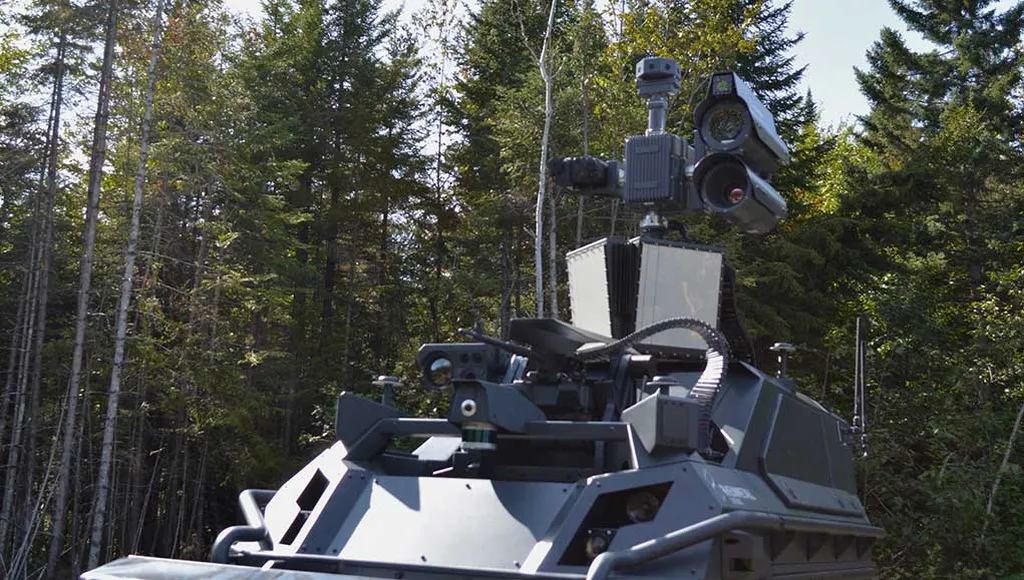In the rapidly evolving landscape of military technology, the integration of autonomous systems has become a cornerstone of modern warfare. Among these advancements, Unmanned Ground Vehicles (UGVs) are increasingly relied upon for their ability to execute missions in high-risk environments while minimizing human exposure to danger. A recent breakthrough in this field comes from researchers Nuno Soares and António Grilo, who have developed ARGUS, a sophisticated framework designed to enhance mission planning for UGVs in tactical environments.
ARGUS stands out as a decision support tool that translates the complexities of the battlefield into actionable plans. The framework is built on a processing pipeline that integrates geospatial terrain data, military intelligence on existing threats, and mission priorities defined by the commander. By analyzing these inputs, ARGUS generates optimized trajectories that balance mission objectives with the risks posed by threats and terrain characteristics. This dynamic approach allows the system to adapt plans in real-time, a critical capability in the fluid and unpredictable nature of modern combat.
The development of ARGUS addresses a fundamental challenge in UGV operations: the need to translate a commander’s intent into executable action plans. The system’s integrated modules process a wide range of data to produce trajectories that are not only efficient but also adaptable. This adaptability is crucial for responding to unforeseen events, ensuring that UGVs can navigate complex and evolving battlefields with precision and agility.
One of the most compelling aspects of ARGUS is its interoperability. The framework was validated in a practical exercise with the Portuguese Army, where it demonstrated its ability to generate routes that could be seamlessly integrated into UGV control systems. This successful deployment underscores the potential of ARGUS to enhance the effectiveness and safety of autonomous ground systems in real-world scenarios.
The practical applications of ARGUS extend beyond its immediate use in UGV operations. By providing commanders with a tool that offers both optimal trajectories and insights into their execution, ARGUS contributes to a broader strategic advantage. It empowers decision-makers with the information they need to deploy UGVs more effectively, thereby increasing mission success rates and reducing risks to personnel.
In the context of defence and security, the development of ARGUS represents a significant step forward in the integration of autonomous systems into military operations. As nations continue to invest in advanced technologies to maintain a competitive edge, frameworks like ARGUS will play a pivotal role in shaping the future of warfare. By enabling more informed and adaptive mission planning, ARGUS not only enhances the capabilities of UGVs but also supports the broader goals of defence innovation and strategic readiness.
The research conducted by Soares and Grilo highlights the importance of interdisciplinary collaboration in defence technology. By combining expertise in geospatial analysis, military intelligence, and autonomous systems, ARGUS exemplifies how cutting-edge technology can be harnessed to address real-world challenges. As the defence sector continues to evolve, the insights and innovations brought forth by such research will be instrumental in driving progress and ensuring that military forces are equipped to meet the demands of an ever-changing battlefield. Read the original research paper here.

